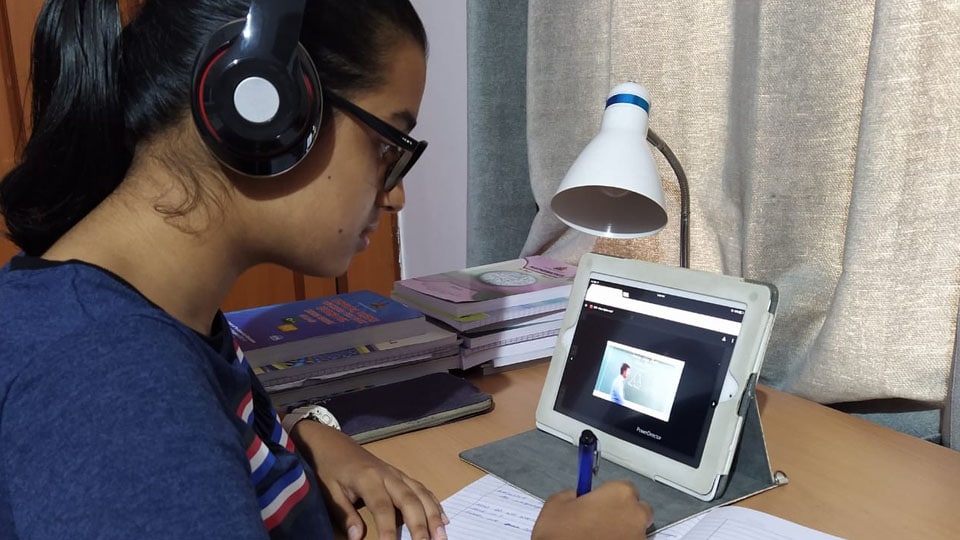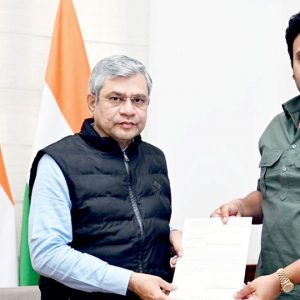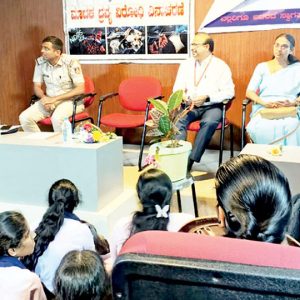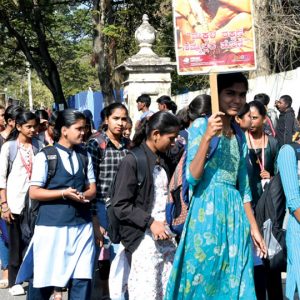By Dr. N.N. Prahallada, Former Faculty, Regional Institute of Education, Mysuru
Virtual education has been in existence in some form or the other for sometime throughout the globe including India. Virtual education is gaining currency everywhere now in the context of present COVID-19. A number of search results in computer search engines indicate the fact that online education is becoming popular everywhere.
Looking around on the Internet, one can easily find that online classes are less expensive compared to regular School or College programmes.
The internet and other global information infrastructures provide a major challenge to education at all levels: the extent to which education should become ‘virtual’, the actual cost and value of such innovation and to such education suits its stakeholders (students) are now discussed the world over.
The prospect of a “Virtual Campus” in which students communicate, study and work together with each other and teachers from different locations, brings both challenges and opportunities for School and higher education institutions.
Bringing a virtual campus to life and making it functional requires a minimum of administrative support, strategic planning, technical solutions, teacher and student motivation, educational vision and online contents.
Virtual education refers to instruction in a learning environment where teacher and student are separated by time or space, or both, and the teacher provides course content through the use of methods such as course management applications, multimedia resources, the Internet, and video-conferencing. Students receive the content and communicate with the teacher via the same technologies.
Perhaps the most telling difference between learning in the traditional and virtual modes is the kind and extent of interaction. In the traditional classroom, the potential for learner-instructor and learner-learner is very high, but instructors have largely ignored this mandate for change and continue to employ the lecture mode as the predominant method of instruction.
In the virtual classroom, on the other hand, technology supports collaborative learning, heterogeneous groupings, problem-solving and higher order thinking skills — educational processes that a lecture format cannot facilitate.
Compared to traditional classroom setting, virtual learning is a better option for many. Depending on the self-discipline, pace of learning and style and motivation of an individual, getting an online education could easily offer a learning experience more effective than attending classes at a brick and mortar educational institution.
The pedagogical value of online learning is that it provides the learner greater autonomy thereby learner has the liberty to accommodate multiple learning styles and mediums, which suit him/her the best — email, chat rooms, video conferencing, etc.








Recent Comments